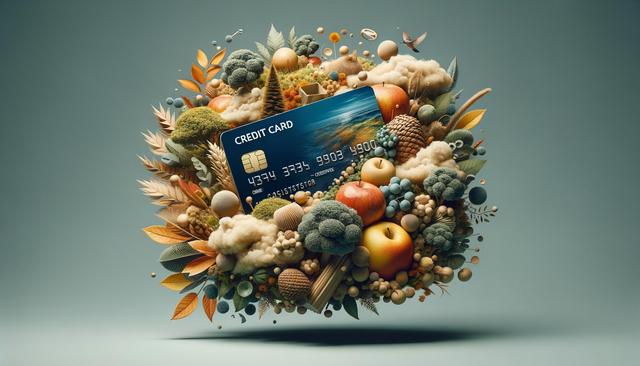What is a Credit Card and How Does It Work?
A credit card is a financial tool issued by a bank or financial institution that allows users to borrow funds up to a certain limit for purchasing goods and services. Unlike debit cards, which draw directly from your bank account, credit cards let you borrow money that you repay later, usually with interest if not paid off in full by the due date. The cardholder is provided with a revolving line of credit, and as the amount borrowed is paid back, that credit becomes available again.
Each month, users receive a statement detailing their transactions, the total balance, the minimum payment due, and the due date. If the full balance is not paid by the due date, the remaining amount accrues interest based on the card’s annual percentage rate (APR). This makes it important to understand how to manage credit card use responsibly to avoid debt accumulation.
Benefits of Using a Credit Card
Credit cards offer a variety of benefits beyond just the ability to make purchases. When used wisely, they can be a powerful financial tool. Some of the common advantages include:
- Building a positive credit history, which can improve your credit score
- Rewards programs that offer cashback, points, or travel miles
- Fraud protection and zero-liability policies for unauthorized transactions
- Convenience for online and in-person purchases
- Emergency purchasing power when funds are temporarily low
Additionally, many credit cards come with added features such as extended warranties on purchases, travel insurance, and rental car coverage. These perks can add significant value, especially for frequent travelers or those who shop often.
Potential Risks and How to Avoid Them
While credit cards offer many advantages, they also come with potential risks if not used responsibly. The most common problems include high-interest debt, late payment fees, and damage to credit scores. To avoid these issues, it is essential to follow a few key practices:
- Pay your balance in full each month to avoid interest charges
- Make at least the minimum payment on time to protect your credit history
- Monitor your spending and keep it within your budget
- Avoid taking cash advances, which often come with high fees and interest rates
Being aware of your card’s terms and conditions is also crucial. Understanding the APR, grace period, and fees for things like foreign transactions or late payments can help you use your card more effectively and avoid unnecessary charges.
How to Choose the Right Credit Card
Selecting a credit card depends on your financial goals and spending habits. With so many options available, it’s important to compare features to find a card that aligns with your needs. Consider the following factors when evaluating cards:
- Interest rates: Look for a card with a competitive APR if you plan to carry a balance
- Fees: Check for annual fees, foreign transaction fees, and other charges
- Rewards: Choose a card that offers rewards aligned with your spending (e.g., travel, groceries, gas)
- Introductory offers: Some cards provide 0% APR for a limited time or sign-up bonuses
Also, consider your credit score when applying. Cards with more attractive benefits often require good to excellent credit. If you’re building or rebuilding credit, you might start with a secured card or one designed for limited credit history.
Tips for Managing Your Credit Card Wisely
Effective credit card management is key to maintaining financial health. Here are some practical tips to help you stay on track:
- Set up automatic payments to avoid late fees and missed due dates
- Keep your credit utilization ratio below 30% of your total limit
- Review your statements monthly to spot any errors or unauthorized charges
- Use alerts and budgeting tools offered by your card issuer
It’s also wise to periodically review your credit report to ensure accuracy and monitor your financial standing. Responsible use of credit cards can lead to better loan terms, higher credit limits, and greater financial flexibility in the future.
Conclusion: Making the Most of Your Credit Card
Credit cards, when used responsibly, can be a valuable asset in your financial toolkit. They offer convenience, security, and even rewards, while also helping to build your credit profile. However, they require careful management to avoid the pitfalls of debt and high-interest payments. By understanding how credit cards work and practicing smart usage habits, you can enjoy their benefits while maintaining control over your finances.




Leave a Reply